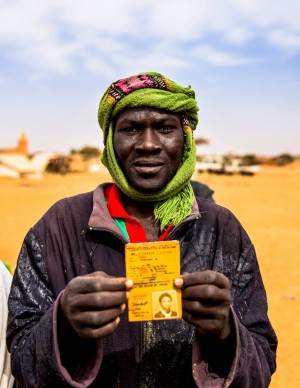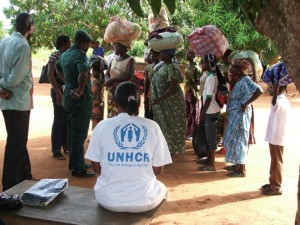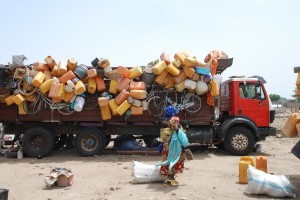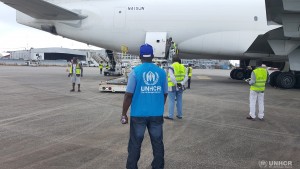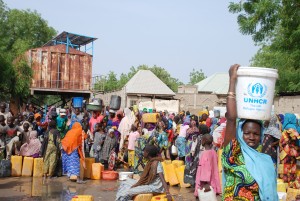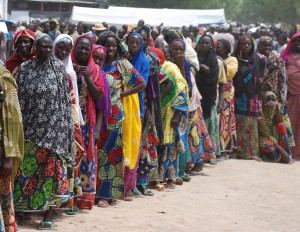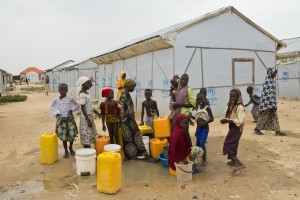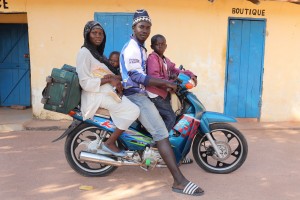Some 45,000 people have fled uncertainty in Gambia as tension mounts
It is feared that more people may continue to leave as the situation remains tense
Around 45,000 people are now reported to have arrived in Senegal from The Gambia – according to the Senegalese Government, amid the ongoing political uncertainty as Senegalese and West African troops entered the country on Thursday. It is feared that more people may continue to flee as the situation remains tense. Arrivals in Senegal have been a mix of Gambians, Senegalese, bi-nationals, as well as Ghanaians, Liberians, Lebanese, Guineans, and Mauritanians among other foreigners. In addition, at least 800 people have crossed into Guinea-Bissau.
People have been arriving in Senegal’s Fatick, Kaolack and Kaffrine regions, to the North of the Gambia, as well as in the Ziguinchor, Sedhiou and Kolda regions at the southern Gambian border with Senegal. The next few days will be critical and more people may leave the country if the current situation is not resolved peacefully soon.
Mediators are holding talks in The Gambian capital Banjul to persuade Yahya Jammeh to step down after the internationally recognised President Adama Barrow was sworn in during an inauguration ceremony at the Gambian embassy in Dakar on Thursday.
Over 75 per cent of arrivals are children, accompanied mainly by women. They are staying with family members, host families or in hotels. Some families are hosting up to 40 to 50 people and will soon need support as they may quickly run out of resources. The village of Dienouncounda, near the Selety border crossing point, is hosting 333 persons who arrived from The Gambia within the past 10 days. The village normally has 500 inhabitants. “I am hosting 21 persons in my home,” said Djibril Coly, 68, who has eight children. “I give them food of course, we eat rice all together, but we won’t have enough soon. A 50 kilo bag of rice costs about 16,000 CFA ($26), and we manage to eat for three days all of us on that bag. If we would eat properly, we would eat it in two days but we limit ourselves a bit to make it last. So more food is the main concern for us.”
Authorities in Senegal have developed plans to distribute food and relief items to up to 100,000 people. Food will include rice, oil, sugar while non-food items will include mattresses, mats, blankets, sheets and soaps. Forty tons of food arrived in the Ziguinchor region yesterday and distribution to recent arrivals and host families should start in the next days.
UNHCR with other humanitarian actors stand ready to help the authorities and provide our expertise on assisting displaced populations. We are also available to support the authorities to establish a harmonized registration system, as well as to train border personal on refugee rights and protection principles.
UNHCR has deployed assessment teams to Senegal’s key border areas with the Gambia and our staff are closely working with the local authorities to assess the needs of people who have arrived in Senegal. In Dakar, UNHCR is constantly in contact with the Interior Ministry – in charge of coordinating the humanitarian response. We will continue our contingency preparations in collaboration with other UN Agencies, international and national NGOs, as well as implementing and government partners.
The Gambia, itself, hosts some 8,000 refugees, mainly Senegalese, who remains anxious and worried over the unfolding political events in the country


